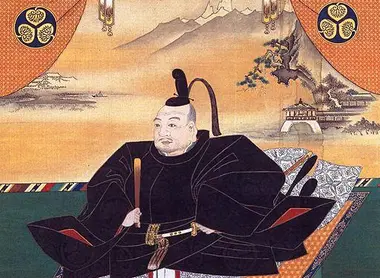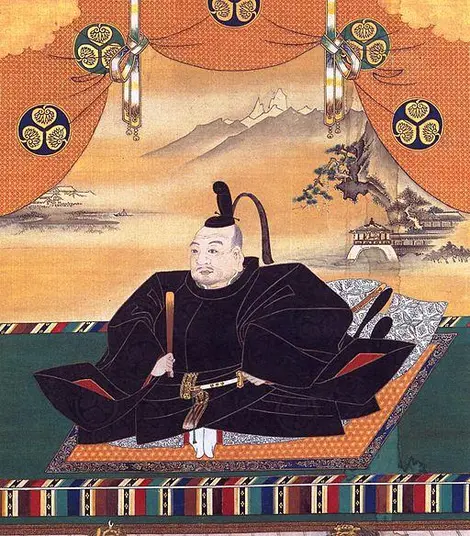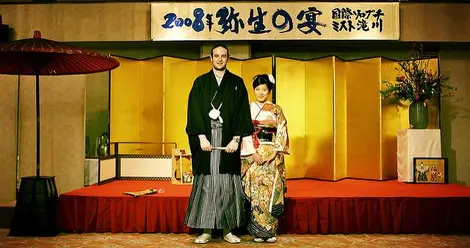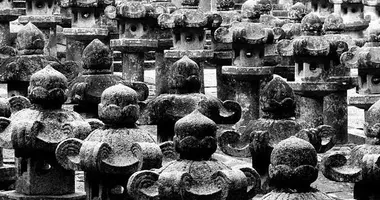Uchi and Soto
Social circles in Japan
The concept of uchi and soto is deeply rooted in Japanese culture. It defines human relationships. It's the difference between what is 'ours', and what is 'other'.
The definition
Uchi means the inside, the home. By extension, this term refers to the group to which you belong to. Soto, on the other hand, is the outside, the 'other'. This distinction is made on a daily basis by the Japanese, and forms the basis of the social codes followed.
Read : Honne and tatemae
The logic of circles
Rather than the individual, inter-social relations take precedence in Japan. At any age, in your family, at school, in a sports club or in a business, you have to know your place. This depends on the internal hierarchy of the group, but also on the context and other forces at work.
Read also : Keigo, polite speech in Japanese
So, your position and that of who you're interacting with determines the behavior and language you should adopt: informal, polite, humble, even honorific! The English language has similar levels of politeness in speech, but in Japanese the grammar, the level of language and the vocabulary itself can completely change. It's a real puzzle!
The legacy of the traditional family
You may have noticed how rare it is to be invited to the home of a Japanese person. It's not a coincidence. Uchi and soto began at home (ie in Japanese) and developed during the Tokugawa period (1600-1868).
The Japanese family, which can be likened to a clan, was an isolated unit, close-knit and led by the head of the family. Inside, the sliding paper doors let you imagine how closely families live in Japan. Inviting someone in would be very uncomfortable to if they weren't part of the uchi. So, how can you integrate, as a foreigner?
Gaijin, the outsiders
The culture of uchi and soto means the Japanese often call a person from another country gaijin (外人, a stranger, literally "person from outside"). It doesn't matter the number of years you might have spent in Japan, or your mastery of the language, If a person has distinctive non-Japanese traits, it will be perceived as soto and excluded, in order to maintain the harmony of the uchi group's relationships.
To read : Izakaya
The Japanese are friendly towards gaijin but it's often hard to make a close friend... But of course it isn't completely impossible! To integrate in Japan simply means being a part of social circles, be they friendly, professional or recreational. Patience, humility, understanding and sake will help you out here.



















